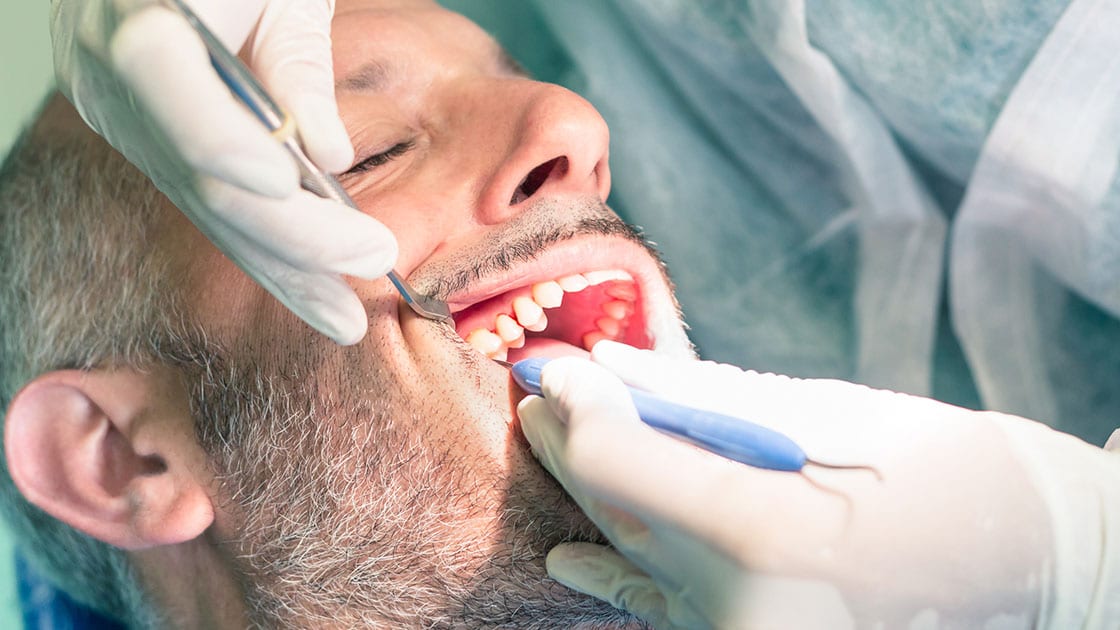What is periodontal disease?
Periodontal or gum disease is a dangerous infection of the gums and soft tissues surrounding the teeth.
Medford Periodontics offers non-surgical periodontal procedures in Medford, NJ. To schedule an initial appointment or learn more about our services, please call our office at
.
Non-surgical periodontics refers to procedures that manage gum disease. These non-invasive steps can help slow the progress of periodontal disease.
The treatments aim to control gum infections by removing plaque, calculus, and toxic bacterial byproducts from the root surface.
Periodontal disease starts with symptoms that may not cause alarm. However, they progress as the disease worsens.
To learn more about periodontal care and how we can help slow gum disease’s progress, please call our Medford, NJ, office at
. We can schedule an initial appointment and create a treatment plan that works for you. As a team, we can work together to save your natural teeth.